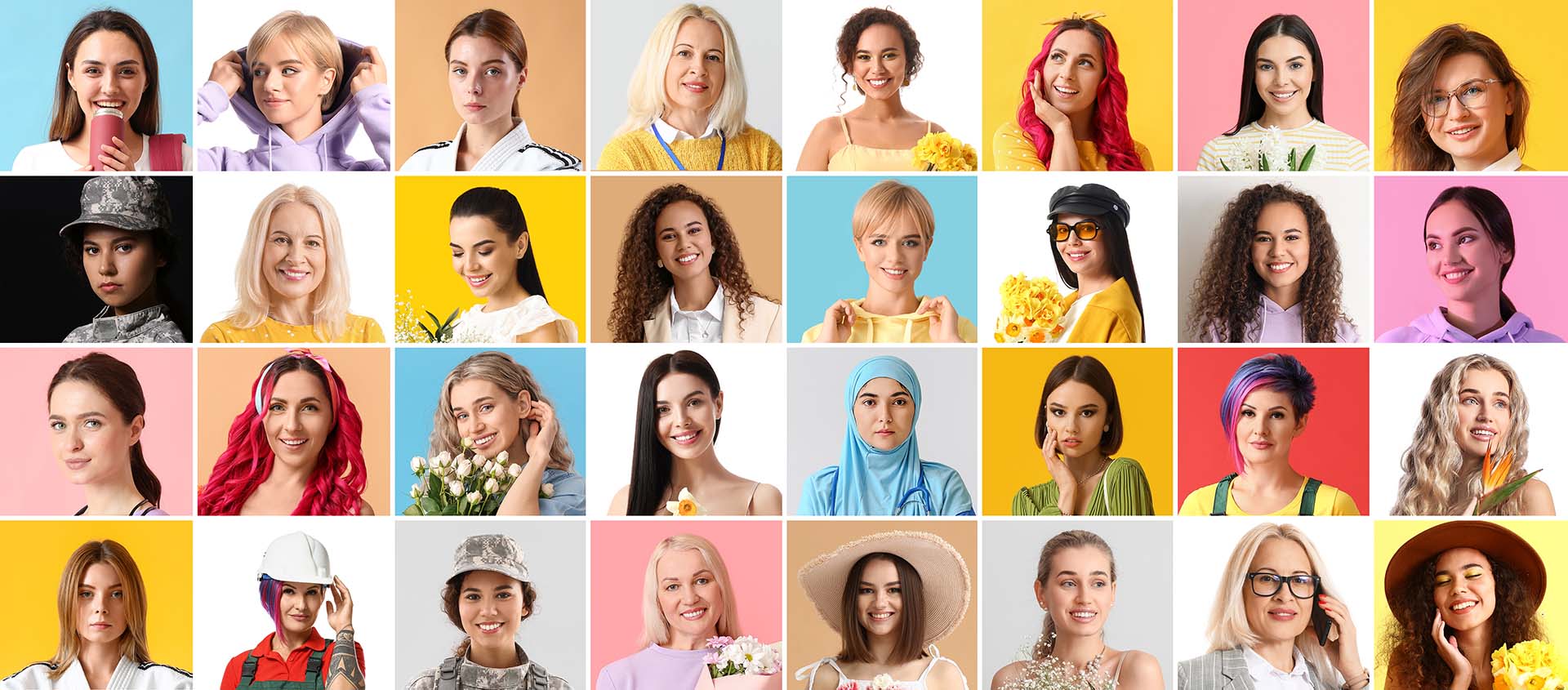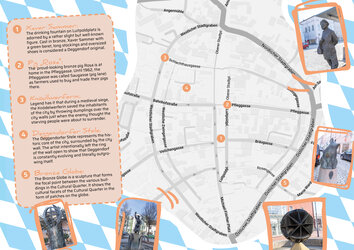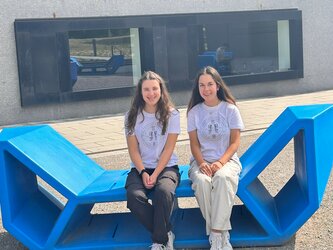
Thoughts about equality on international women’s day
March 8th is international Women’s Day. It’s a day that is designed to shine a spotlight on women and to show where women are still “behind” others, especially men. In some cases, this is meant as literally standing behind men, either physically or only being able to leave their homes with the permission of men. It can also mean living their lives in the shadow of men, in patriarchal societies, that may or may not realize that they are in fact patriarchal. In these cases, women are behind men in their access to education, their freedom of basic movement within a society, literally being attacked or even mutilated for the simple fact that they were born in a body that is physically considered to be female. These are the societies where it becomes “obvious” that women are being discriminated, or for those that feel this is not discrimination, where women are treated very differently than men. And yes, there are also matriarchies in the world, where men are at a clear disadvantage to women, who hold power, or are the only ones allowed to hold power. And, in this case, I would fully agree that men are discriminated in those societies as well. As, any time you have on groups of humans actively being denied access to basic public space, or not being able to partake in the same activities as the other gender(s), then you have discrimination.
However, the worst kind of patriarchy is the systematic kind. Much like most types of systemized discriminations, those in the system, especially those that are enjoying the advantages of the system, are often oblivious to the system. You have probably experienced this yourself. Somebody, maybe even you, says, “Wow! Look how bad (fill in the group) are being treated in (fill in the country)! Thank (fill in the deity), things for us are sooooo much better!” Interestingly enough, often those being discriminated against, will also not fully realize the extent of the system. This is, because the victims of the system are given enough hope, freedom, or possibility, to make them feel that there is not true oppression. “Yes, it is exhausting to take care of the whole household AND work, but at least I have the freedom to work!”
Interestingly, I often get asked how I became a “feminist”. I don’t remember “becoming” a feminist, because I was raised by a strong mother, who did things that “feminists” do, and then later my dad joined our family, who was a man who strongly supported equal opportunity, including for women. They both worked for a large German company, and both had higher level leadership positions. Then, in the 1990s, my dad kept being promoted and my mom did not. She had most likely hit the proverbial “glass ceiling”. We all felt a sense of injustice when that happened, and long afterwards. However, growing up in California, in the Silicon Valley, I also experienced the influence of political correctness, diversity management, and equal opportunity measures both first-hand and through the people in my life.
It was only when I returned to Germany in my 30s that I realized, that, in many ways, I had traveled back in time. Things that were normal and inherently standard expectations suddenly did not hold true anymore. Don’t get me wrong, I know that Northern California does not represent the whole United States, but Germany had always been sold to me as such a modern country, where people had rights, such as a right to human dignity. At the same time, in Germany I was introduced to many young men, educated and open-minded men, who all did not know how to cook and/or do laundry, and saw no reason to learn to do so. Where the thought of their future wife working full-time was not negotiable, because they would need to take care of the home and the children. And, most of their female partners agreed. Usually, the only exception to this way of thinking were myself, and other academic women, who had spent a long time educating themselves.
Before I start a debate whether or not women should or should not stay home, I need to say that I honestly don’t care who does or does not. As long as this is an independent choice, with the system in place to be able to make that choice, without having to feel like you are giving up freedom or receiving indignation for not wanting to give up freedom. Unfortunately, this is the problem with systems, especially patriarchal systems, where the role of the caretaker is automatically placed on the female or female identifying partner in a relationship.
In my career in Germany, I have often been asked who is taking care of my child if I am working. I have been asked this by both men and women. My husband, on the other hand, has never been asked this. When I first became a Professor, I was often not able to attend meetings or would have to get child care so I could attend. However, when a colleague, who was male, started insisting on having time to spend with his kids in the evening, things changed, and meeting ended earlier…well, until Covid came, and now there is little basic decency left about scheduling meetings at family friendly times because we are/were already at home. Another story for another time.
The thing is, is Germany a patriarchy? If so, do women in Germany realize that they are in a patriarchy? Have you, if you identify as a woman, ever told yourself, “They were just being men”? Or have you felt that you are seen as being emotional or aggressive, even though you are saying the same thing as your male colleague? Or have you said something, and been ignored, but have had a male colleague say the same thing a few minutes later, and have seen him being acknowledged for that idea? If you are a female professor, have you seen mails that are addressed to your male colleagues being addressed to “Prof.”, while you are generally addressed as “Ms.”? If we look at our own university, who is in charge, and holds the highest positions, and what does the male to female ratio of the support staff look like? And, if you identify as a man, have you ever been upset that you have a quote or measures that seem to favor women? And have asked yourself, why you feel that way? If your answer is that it is unfair, then I recommend that you type “equality vs. equity” in to the search engine of your choice, and realize that equal treatment/opportunity is often not equal.
My husband, who is a local politician, was recently asked in an interview about what he thought about a female candidate, and if she would be able to take care of her kids if she were elected. If there might be a grandmother that would be helping out? He replied that he has discovered that “men can raise children too”. So, I want to add that patriarchal systems are not about men vs. women. In fact, men can be, and often are at the forefront of the fight for women’s basic rights to dignity and opportunities. In fact, I have marched with men for this. And, I have heard some of the most discriminatory and misogynist thoughts from women. Feminism is not about giving power, but about giving accessibly and freedom of individual choice to all humans, and creating a system that protects everyone from discrimination, consequences for not following expectations, allows voices to be heard in the way, no matter who they come from. That is one of the many things that the international Women’s Day stands for.
And, for those of you who feel like feminism is just a power grab, or a way to weaken men, or favoring women over men, I would like to remind you that true feminism is about everyone having the same opportunities that have primarily been awarded to well-situated or well-educated men for centuries. And I leave you with the quote by an unknown author (see quoteinvestigator.com):
“When you're accustomed to privilege, equality feels like oppression“
Prof. Dr. Michelle Cummings-Koether
Prof. Dr. Michelle Cummings-Koether is Professor for Intercultural Management at the European Campus. She loves to look at cultures from various angles and has been blogging about the different facets of this topic for years.










